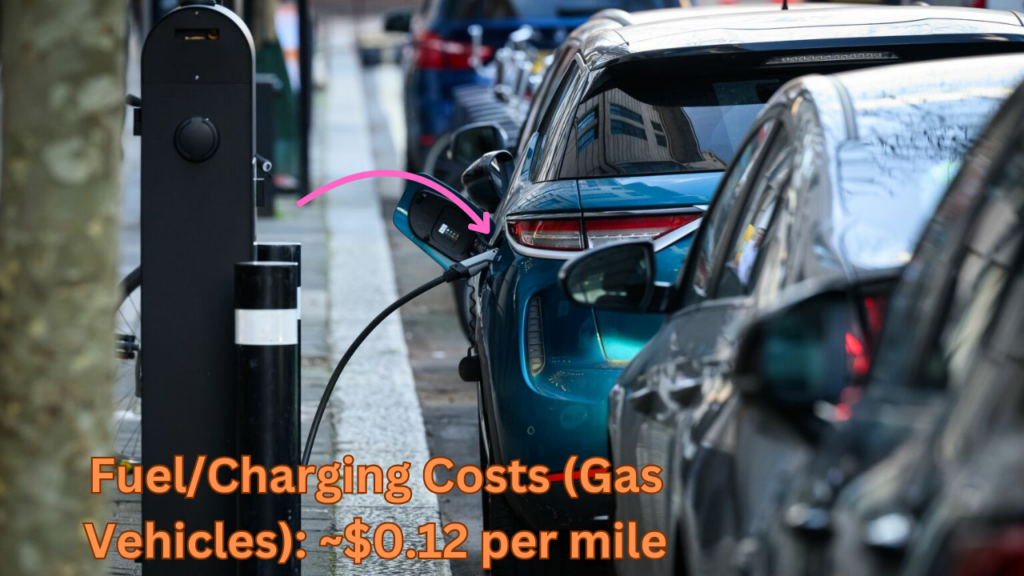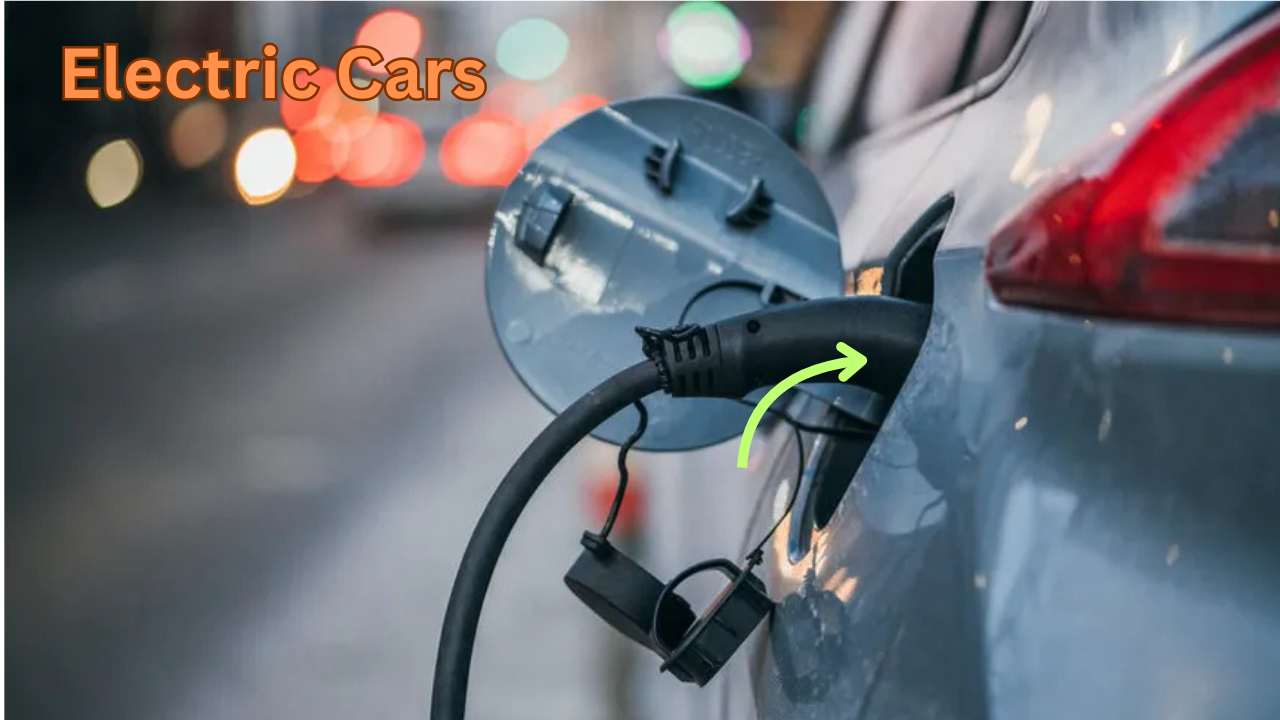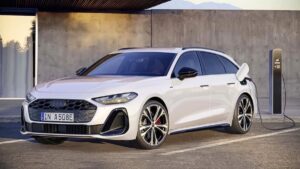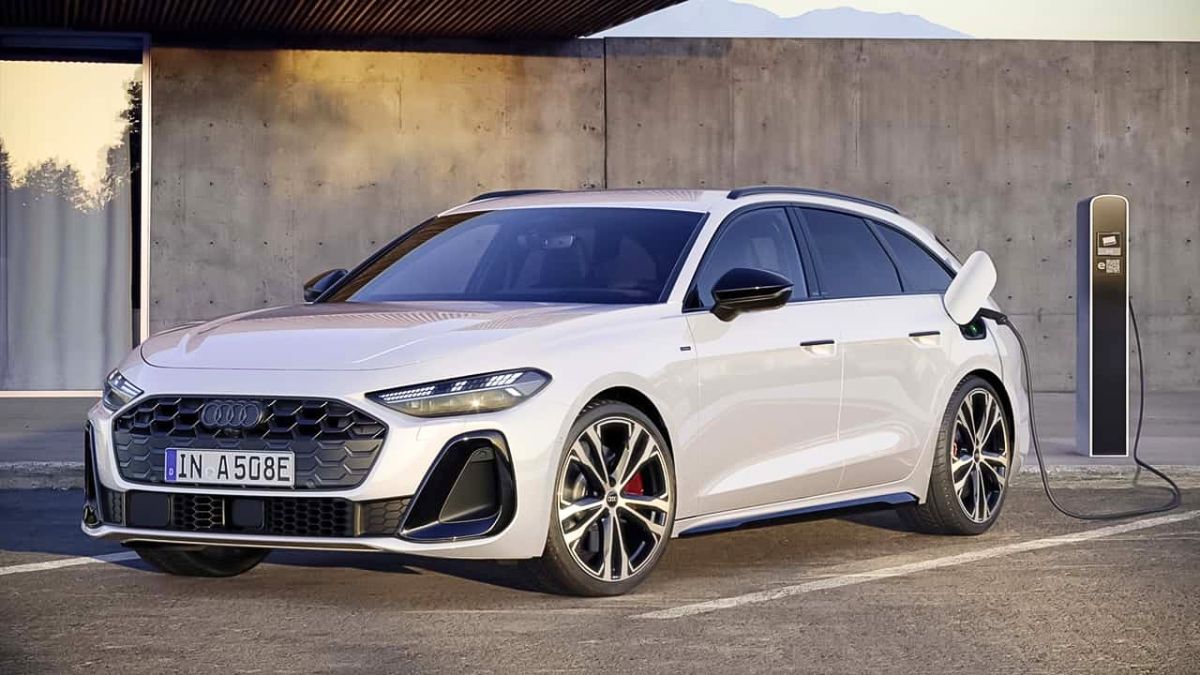Electric Cars: Electric vehicles (EVs) have transitioned from being niche products for tech enthusiasts and environmentalists to mainstream alternatives to gas-powered cars. Thanks to advancements in technology, government incentives, and the increasing availability of EV models, more drivers are considering the switch to electric. This guide provides a detailed overview of electric cars, their benefits, challenges, types, and the current market trends, helping you make an informed decision about EV ownership.
What Are Electric Vehicles (EVs)?
Electric vehicles are powered by electricity rather than gasoline or diesel. These vehicles use an electric motor and rely on rechargeable batteries for energy. EVs are known for their energy efficiency, quiet operation, and lower environmental impact compared to internal combustion engine (ICE) vehicles.
| Feature | Electric Vehicles (EVs) | Gas-Powered Vehicles (ICEs) |
|---|---|---|
| Energy Source | Electricity | Gasoline/Diesel |
| Emissions | Zero tailpipe emissions | Significant emissions |
| Maintenance | Minimal (fewer components) | High (engine repairs, oil changes) |
| Noise Levels | Quiet | Loud |
| Acceleration | Instant torque | Gradual |
Types of EVs:
- Battery Electric Vehicles (BEVs): Fully electric vehicles powered solely by rechargeable batteries. Examples: Tesla Model Y, Nissan Leaf.
- Plug-in Hybrid Electric Vehicles (PHEVs): Combine a gas engine with an electric motor; can be charged externally. Example: Toyota Prius Prime.
- Hybrid Electric Vehicles (HEVs): Use both a gas engine and an electric motor but rely on regenerative braking to charge the battery. Example: Toyota Prius.
A Brief History of Electric Vehicles
Electric cars are not a recent invention. The first electric vehicle was created in 1832, but it wasn’t until the early 2000s that they gained widespread attention. The introduction of the Toyota Prius and later the Tesla Roadster revolutionized the EV market. Over the years, advances in battery technology and charging infrastructure have made EVs more practical and accessible.
Timeline of Key Milestones:
- 1832: First electric vehicle invented by Robert Anderson.
- 1997: Toyota Prius, the first mass-produced hybrid, hits the market.
- 2008: Tesla launches the Roadster, proving EVs can be high-performance vehicles.
- 2020: Global EV sales exceed 10 million units.
- 2023: Tesla Model Y becomes the world’s best-selling car.
Advantages of Electric Vehicle
EVs offer numerous benefits that make them an attractive choice for drivers seeking sustainability, efficiency, and cutting-edge technology.
1. Environmental Benefits:
Electric cars produce zero tailpipe emissions, significantly reducing air pollution and greenhouse gas emissions. This makes them a cleaner alternative to traditional ICE vehicles.
2. Lower Operating Costs:
EVs are cheaper to run than gas-powered cars. Charging an EV costs less than refueling a gasoline vehicle, and maintenance costs are also lower due to fewer moving parts.
| Expense | EVs | Gas Vehicles |
|---|---|---|
| Fuel/Charging Costs | ~$0.03 per mile | ~$0.12 per mile |
| Maintenance (Annual) | $300-$500 | $1,200-$1,500 |
3. Energy Efficiency:
EVs convert over 85% of electrical energy into motion, compared to less than 40% for ICE vehicles.
4. Advanced Technology:
Most EVs come equipped with state-of-the-art features such as:
- Over-the-air updates
- Autonomous driving capabilities
- Integrated apps for vehicle monitoring
5. Tax Incentives:
Governments worldwide offer incentives for EV purchases, such as tax credits, rebates, and reduced registration fees. For example, in the U.S., federal tax credits of up to $7,500 are available for certain EV models.
Exciting New Cars: from Maruti, Tata, and Hyundai at Bharat Mobility Global Expo 2025
Challenges of EV Ownership
Despite their benefits, EVs also come with challenges that potential buyers should consider.
1. High Upfront Costs:
While EV prices are decreasing, they remain higher than ICE vehicles. The average cost of a new EV in 2024 was $55,105, compared to $48,724 for gas cars.
2. Limited Range:
Most EVs have a range of 260-400 miles per charge, which may not be sufficient for long-distance travelers.
3. Charging Infrastructure:
Although charging networks are expanding, many areas still lack sufficient charging stations, leading to range anxiety.
4. Charging Time:
Charging an EV can take anywhere from 30 minutes (fast chargers) to 12 hours (Level 2 chargers). This is significantly longer than refueling a gas car.
5. Battery Degradation:
Over time, EV batteries lose their capacity, reducing the vehicle’s range. Most manufacturers offer warranties of 8 years or 100,000 miles for EV batteries.

The Electric Vehicle Market Today
The global EV market has grown rapidly in recent years. According to the International Energy Agency (IEA), EVs accounted for 20% of new car sales worldwide in 2025. China leads the market with 60% of global EV sales, followed by Europe and the U.S.
Top-Selling EV Models in Q3 2024:
| Model | Units Sold |
|---|---|
| Tesla Model Y | 86,801 |
| Tesla Model 3 | 58,423 |
| Tesla Cybertruck | 16,692 |
| Ford Mustang Mach-E | 13,392 |
| Hyundai Ioniq 5 | 11,590 |
Top EV Manufacturers:
- Tesla
- Ford
- Chevrolet
- Hyundai
- Rivian
Cost of EV Ownership
Owning an electric car involves several costs, including the purchase price, insurance, charging, and maintenance.
1. Purchase Price:
| Vehicle Type | Average Price (2024) |
|---|---|
| Gas Vehicle | $48,724 |
| Electric Vehicle | $55,105 |
| Hybrid Vehicle | $29,884 |
2. Charging Costs:
Charging costs vary based on electricity rates and the type of charger used. On average, charging an EV costs $0.03 per mile, while fueling a gas car costs $0.12 per mile.
3. Insurance Costs:
EV insurance is typically higher than for ICE vehicles due to the cost of repairs and replacement parts.
| Model | Avg. Annual Premium |
|---|---|
| Tesla Model 3 | $3,394 |
| Hyundai Ioniq 5 | $2,905 |
| Ford Mustang Mach-E | $3,314 |
| Rivian R1S | $4,193 |
4. Maintenance Costs:
EVs require less maintenance than gas cars. Regular maintenance includes tire rotations, brake checks, and software updates.
Future of Electric Vehicles
The future of EVs looks promising, with advancements in battery technology, autonomous driving, and renewable energy integration. By 2030, the IEA predicts EVs will prevent the use of 5 million barrels of oil per day.
Trends to Watch:
- Solid-State Batteries: Offering faster charging and longer range.
- Increased Autonomy: Enhanced self-driving capabilities.
- Wireless Charging: Eliminating the need for physical chargers.
Electric Cars: Conclusion
Electric vehicles are reshaping the automotive industry with their sustainability, efficiency, and advanced technology. While challenges like high costs and charging infrastructure remain, the benefits of EVs often outweigh their drawbacks. As the market continues to grow, now may be the perfect time to consider making the switch to electric.
Electric Cars: FAQs
1. Are EVs better for the environment? Yes, EVs produce no tailpipe emissions and have a smaller carbon footprint compared to ICE vehicles.
2. How long does it take to charge an EV? Charging times vary from 30 minutes (fast chargers) to 12 hours (Level 2 chargers).
3. What is the average range of an EV? Most EVs have a range of 260-400 miles per charge.
4. Are there tax benefits for EV owners? Yes, many governments offer incentives such as tax credits and rebates for EV purchases.
5. What are the most popular EV brands? Tesla, Ford, Chevrolet, Hyundai, and Rivian are among the top EV manufacturers.
For more details, visit Energy.gov or Tesla.com.











1 thought on “Electric Cars: Bankrate’s Comprehensive Guide to EV Ownership”